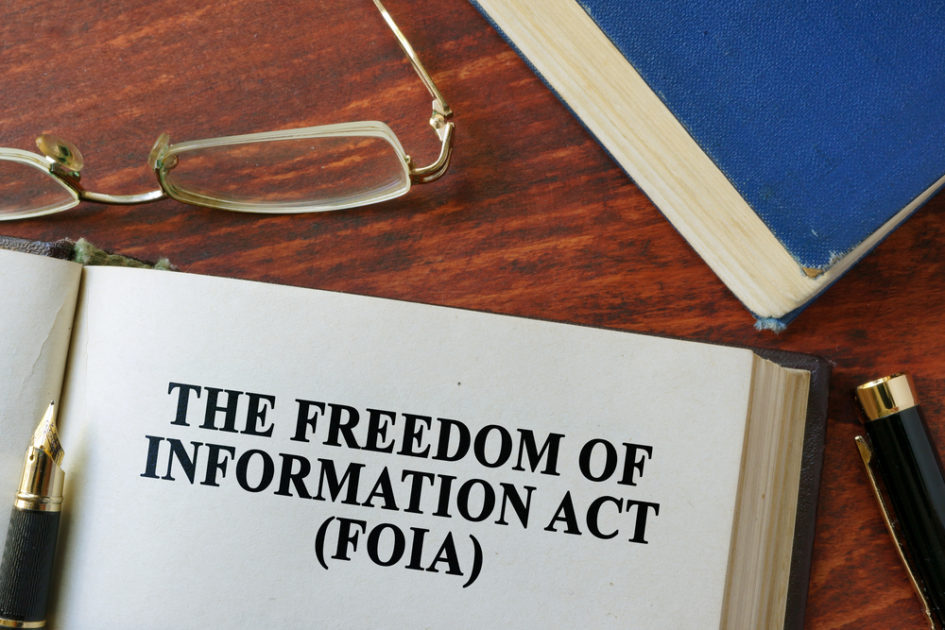On the last day of 2019, the Public Access Counselor (PAC) released its last binding opinion of the year. In PAC Opinion 19-013, the PAC found the City of Bunker Hill in violation of Illinois’s Freedom of Information Act (FOIA) for not providing an audiotape of an apparent gathering of public officials – a meeting of the Committee of the Whole which did not have a quorum but where City business was discussed.
The PAC addressed the issue of whether the City violated FOIA by failing to provide a copy of the requested recording of the City’ s September 11, 2019 meeting of the Committee of the Whole, which was in the City’s possession at the time it received the FOIA request. On September 18th the City Attorney stated during open session of a City Council meeting “that the Committee of the Whole Meeting on September 11, 2019, was not a meeting because there was not a quorum.” The City Clerk asked the City Attorney if the FOIA request should be completed and City Attorney responded: “no, it’s all null and void, no need to fulfill the FOIA request.” The City Clerk also asked the City Attorney if the September 11th meeting recording of the Committee of the Whole could be deleted and if the notes related to that gathering could be shredded – the City Attorney replied, “yes.” Subsequently, the City Clerk responded to the FOIA request denying the recording and thereafter, the City Clerk deleted the requested recording and shredded the notes related thereto.
The most notable findings contained in the PAC opinion are as follows:
- Since the City possessed the recording of the September 11, 2019 meeting at the time it received the FOIA request and because the recording pertains to the transaction of public business, the recording was a public record subject to the requirements of FOIA and should have been provided as requested by the FOIA request.
- No provision of FOIA authorizes a public body to destroy responsive records after receiving a FOIA request. The PAC went to great lengths to interpret FOIA to incorporate a local records retention requirement via the Local Records Act. This application of the FOIA statute and Local Records Act seems to be an attempt to extend the PAC’s jurisdiction and authority past the FOIA requirements to provide public documents and records to also include an obligation/requirement to maintain public records and documents. The legal authority for such an extension by the PAC is questioned by government attorneys.
The Take-Away: If your public body is in possession of responsive public records at the time it receives a FOIA request, FOIA seems to now require your public body to preserve the records and either provide those records to a requester or issue a proper denial in accordance with FOIA.
Make sure to consult your Tressler attorney if you have questions or need assistance being compliant with FOIA or the Open Meetings Act!
For more information about this article, please contact Erik Peck at epeck@tresslerllp.com.
